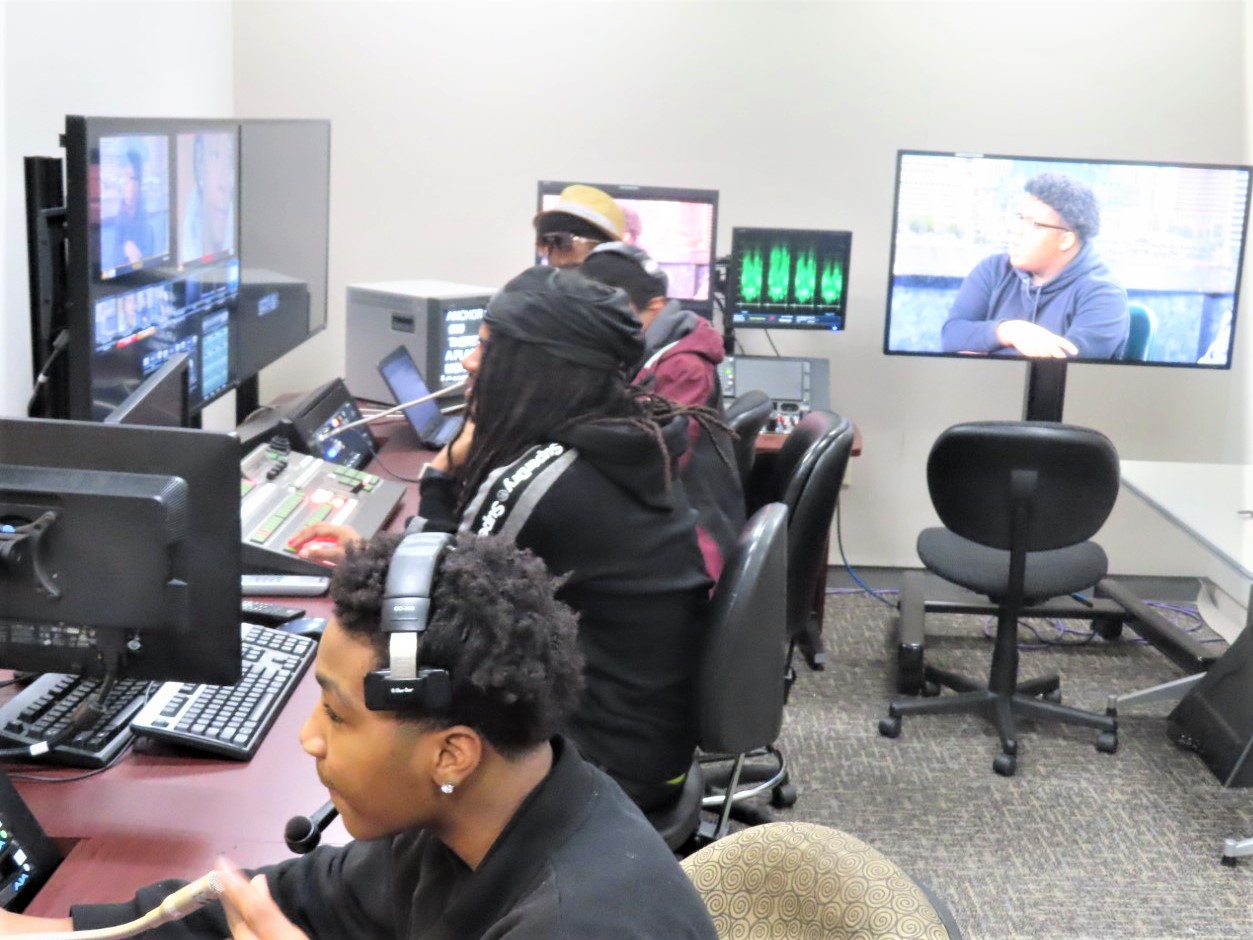Course Sequence:
Level I: Introduction to Engineering Design
Students are introduced to the engineering design process, applying math, science, and engineering standards to identify and design solutions to a variety of real problems. They work both individually and in collaborative teams to develop and document design solutions using engineering notebooks and 3D modeling software.
Level II: Honors Principles of Engineering
Through problems that engage and challenge, students explore a broad range of engineering topics, including mechanisms, the strength of materials and structures, automation, and motion. Students develop skills in problem solving, research, and design while learning strategies for design process documentation, collaboration, and presentation.
Level III: Honors Digital Electronics
From smartphones to appliances, digital circuits are all around us. Digital Electronics provides a foundation for students who are interested in electrical engineering, electronics, or circuit design. Students study topics such as combinational and sequential logic and are exposed to circuit design tools used in industry, including logic gates, integrated circuits, and programmable logic devices.
Level IV: Honors Engineering Design and Development
Engineering Design and Development (EDD) is the capstone course in the PLTW high school engineering program. It is an open-ended engineering research course in which students work in teams to design and develop an original solution to a well-defined and justified open-ended problem by applying an engineering design process.


